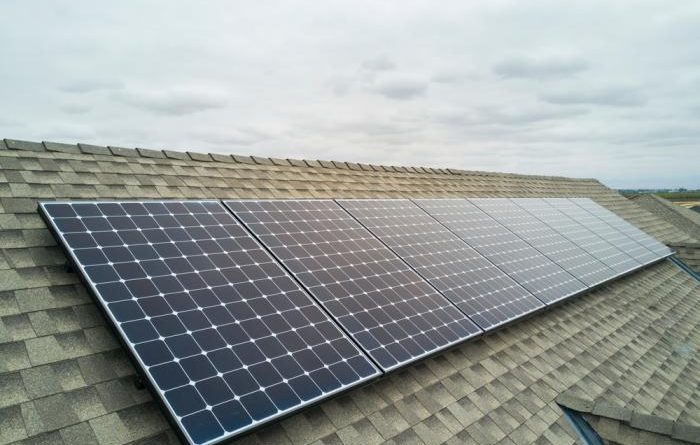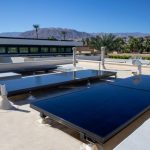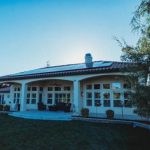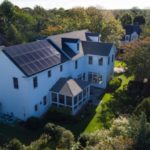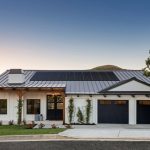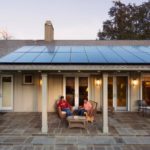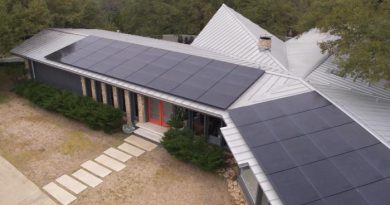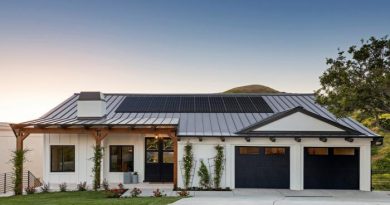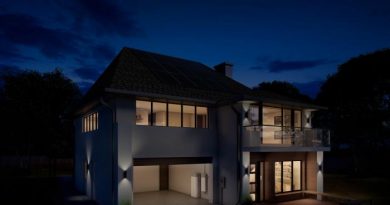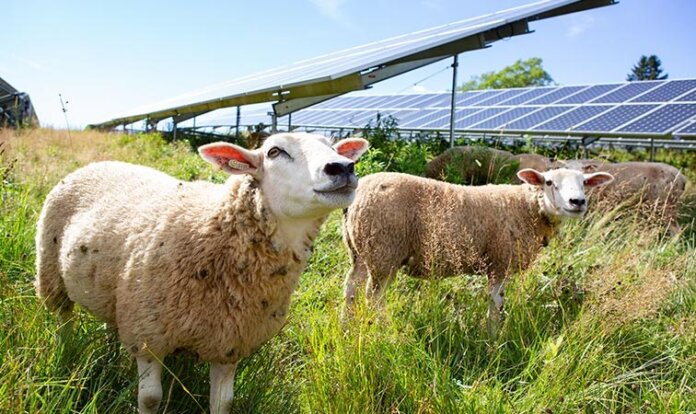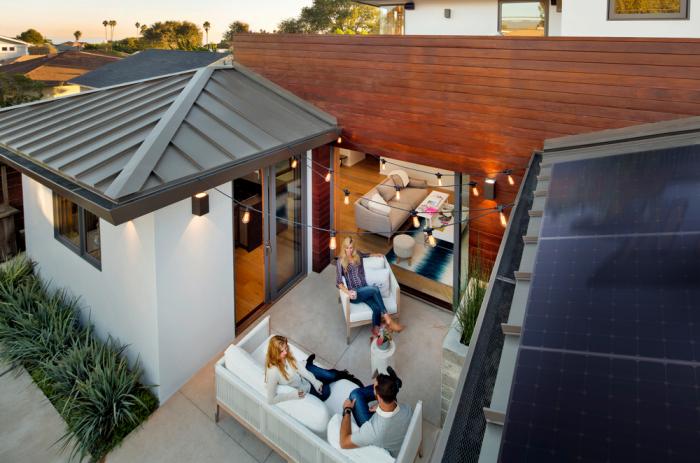Why Degradation Rate is Important When Choosing Solar Panels

When deciding which solar panels are right for your home, there’s more to consider than just pricing. Sure, a low-cost option might seem attractive at first glance but will your investment be worth its weight 10, 20 or even 30 years down the line?
Degradation rate is the reduction of power output for a solar panel over time. Most solar products currently on the market degrade at an average rate of 0.5% each year. And when it comes to solar technology, losing a percentage can have an increasing impact on your maximum potential savings. That’s why assessing solar panel degradation rates before you sign the dotted line is crucial.
All solar panel systems degrade over time, but some lose their production capacity much more slowly than others. (Even solar panels in space degrade.) Various factors can affect a solar array’s degradation rate including climate, temperature and the materials that ultimately make up a solar panel’s durability. To ensure your solar system will perform at the highest level possible, opting for a premium solar solution that can handle the stress is a must.
SunPower® solar panels are designed for durability and we can prove it. That’s why we offer the most comprehensive system warranty in the solar industry. As the longest-standing solar company in the U.S., SunPower is the only provider that has outlasted its industry-leading warranty. SunPower has the lowest degradation rate in the industry*. In fact, we guarantee that your panels won’t lose more than 8% of their original DC power output within our 25-year warranty timeframe. Compare that to a loss of 17% power output for conventional solar solutions. In other words, a SunPower solar system can output more power during its lifetime.
SunPower solar panels feature solar cells that stand apart from what conventional solar companies provide. Conventional solar cells are often covered with metal gridlines that are pasted on the front of the cell. As your roof heats up during the day, the metal expands and then contracts under cooler conditions. That constant expansion and contraction can cause a solar cell to become weak and lose production. However, SunPower® Maxeon® solar cells are backed with a unique copper foundation that adds durability and strength to withstand weathering and corrosion. The front of the cell is unobstructed and features a light-trapping surface that is the perfect environment for power generation, making a SunPower solar system highly efficient. Altogether, this design creates a solar panel that can perform like no other.
The reliability and efficiency of a SunPower solar system have made it the preferred choice for home and business owners alike. When it comes down to choosing the right set of solar panels for your rooftop, make the clear choice that will outperform the rest – SunPower.
Related posts
Four Ways You Save More with SunPower
How to Get More Value Out of Your Solar System
Do Solar Panels Generate Enough Power on Cloudy Days?
* Jordan, et al, “Robust PV Degradation Methodology Application” PVSC 2018.
Original Source: https://us.sunpower.com/blog/2021/09/30/degradation-rate-important-when-choosing-solar-panels

